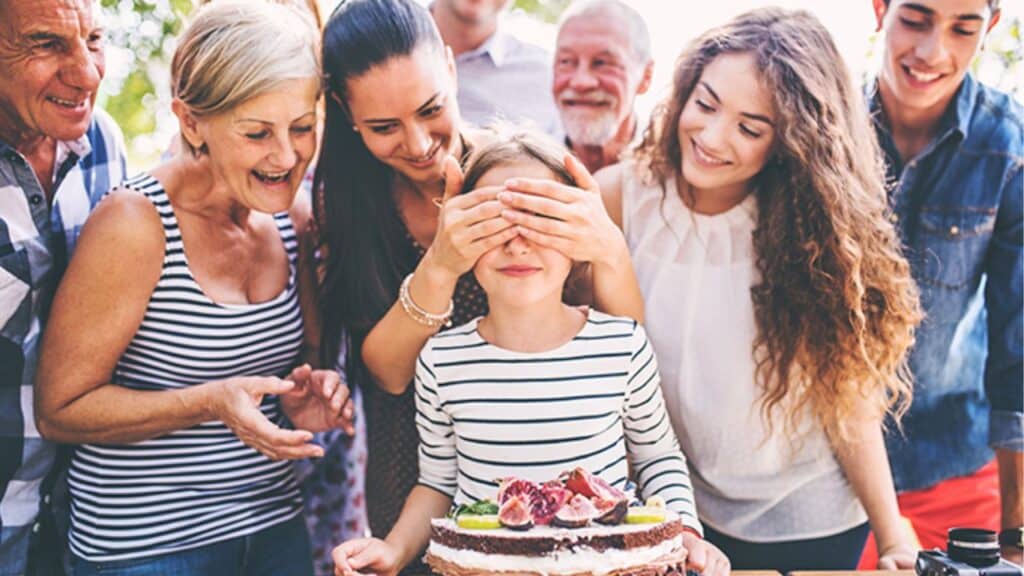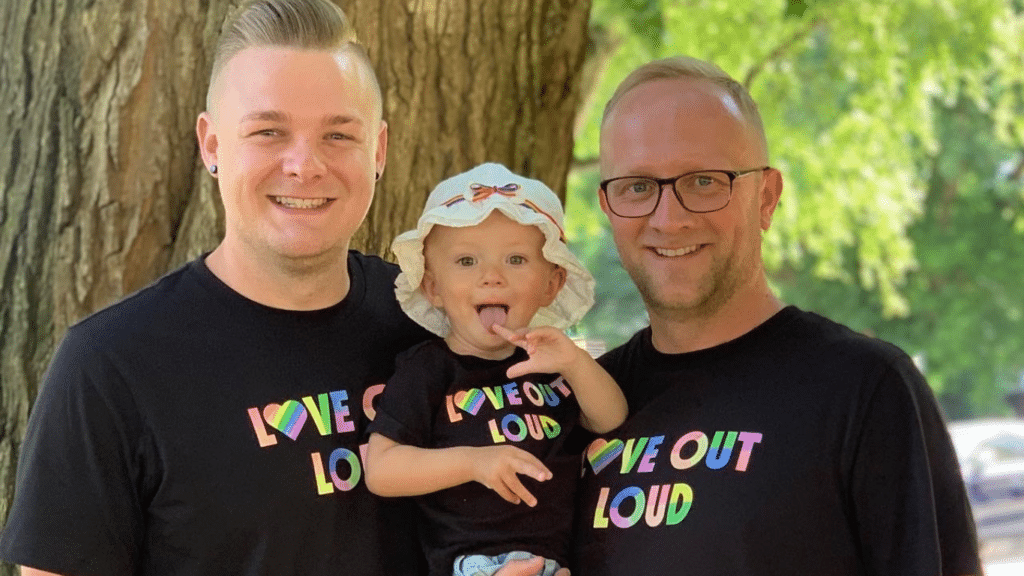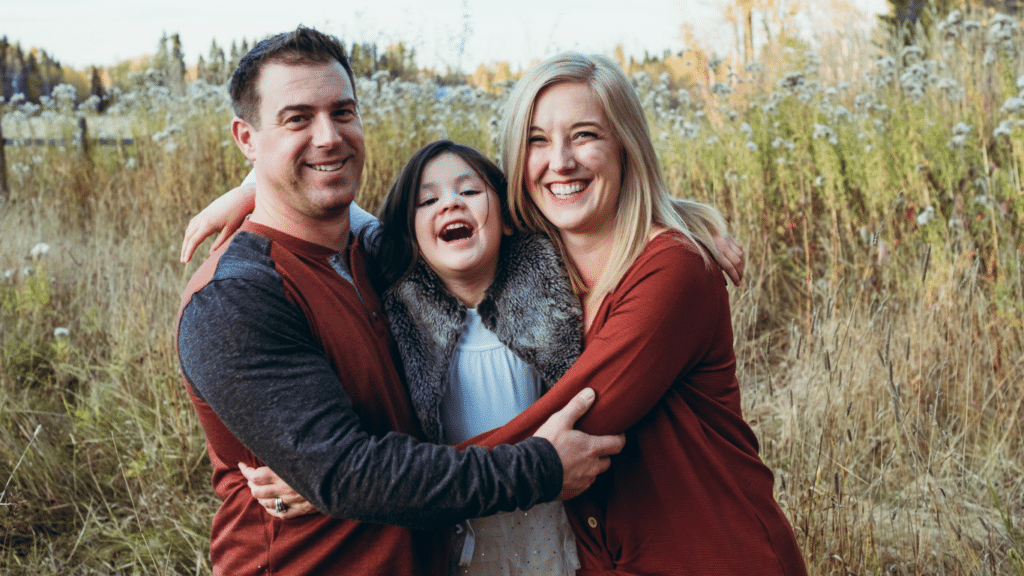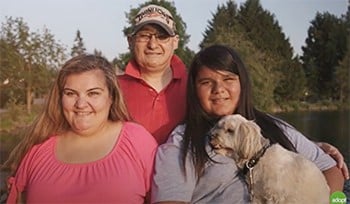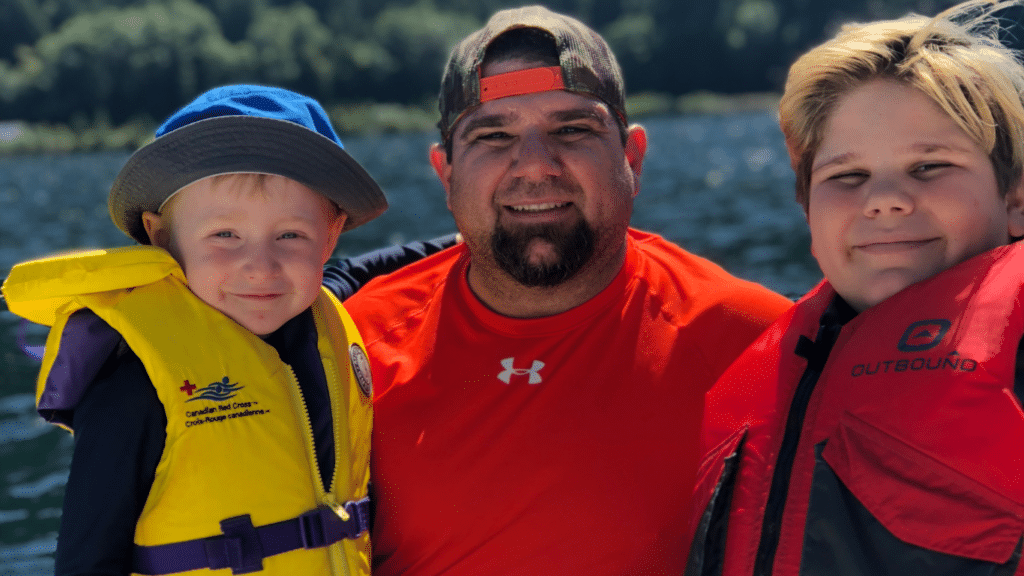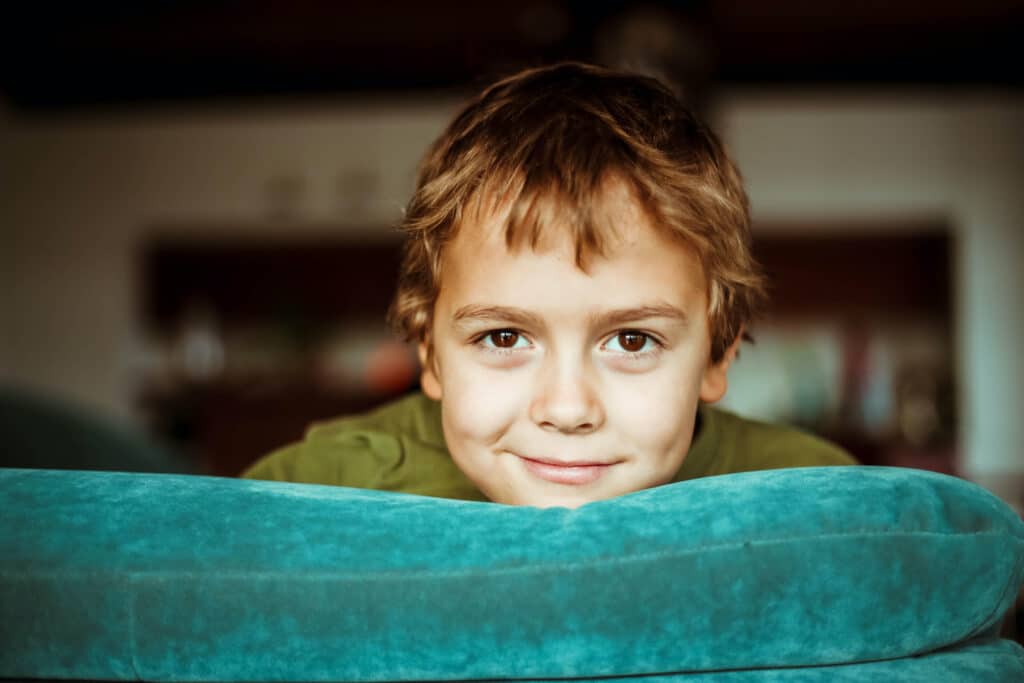Gotcha Day is one of the names many adoptive parents use to mark the day their child was adopted. While is it intended as a celebration, adoptee Mila Konomos shares a different perspective, along with her personal adoption story. Mila is a transracial, transnational Korean American adoptee. She has been in reunion with her Korean family for over a decade.
I’d like to address the practice of so-called “Gotcha Day.” An adoptive parent wrote to ask me for my opinion about it as an adult adoptee.
I appreciate the fact this parent was willing to ask feedback from adult adoptees and to alter her perspective and practices accordingly.
I know “Gotcha Day” is well-intentioned. Adoptive parents want to celebrate what was for them a very joyous occasion—finally receiving the child they longed and waited for.
Fair enough. Please understand, I am not bashing or condemning anyone who practices “Gotcha Day.” I know parents don’t intend anything negative by it. I just think the implementation is misguided.
I think “Gotcha Day” can have the unintentional consequence of teaching the adoptee that they should feel only grateful, happy, and excited, and that they are not allowed to feel angry, hurt, sad, or upset about their adoption.
“You-lost-everything-you-know-but-let’s-not-think-about-that-because-WE-are-your-family-now Day.”
From my perspective, celebrating “Gotcha Day” fails to recognize that what the adoptive parent experienced as a joyous occasion was actually a terrifying, confusing, and jarring experience for the child they adopted. I personally believe it diminishes the loss and grief inherent to the adoptee’s identity and life.
Even the name “Gotcha Day” itself makes me wince. I personally think it would be more accurate to call it: “You-lost-everything-you-know-but-let’s-not-think-about-that-because-WE-are-your-family-now Day.”
Your response might be, “Well, yeah, my child may have lost something, but they gained a whole new family who will give them the love they need and deserve!” True—but that attitude also invalidates and ignores the adoptee’s very real trauma.
Acknowledge the loss
You have to be willing to acknowledge the loss that leads to having to be adopted into a new family. As adoptive parents, you literally cannot, in the most real, practical, physical sense, replace your child’s biological mother, father, grandparents, uncles, aunts, cousins, siblings, and so on. You are a new family, a different family. You look and talk differently. You don’t know your child’s original culture. Some of this can be learned and cultivated, but it cannot be replaced.
There’s nothing wrong with acknowledging this. It doesn’t mean you can’t be a family. It doesn’t mean you don’t love your child. It simply allows your child to acknowledge the inherent loss of being adopted.
In the case of divorce or the unfortunate death of a parent, it is generally understood that if, for example, the father remarries, his new wife can absolutely be a parental figure, but she cannot and should not attempt to replace her stepchildren’s biological mother. Similarly, when parents adopt a child, their role is not to replace the biological. It’s to be a wholly different and new set of parents altogether.
If your family has already set a precedent for practicing a kind of “Gotcha Day” or “Family Day,” I’m not certain what the best thing to do now is. The adoptive parent who wrote to me mentioned that her daughter loves the attention. Taking it away might feel confusing to her. Perhaps you could refer to it by a different name? If you don’t already include an acknowledgment or celebration of her original country and her original family as a part of your celebration, it might help to add that too.
It’s so complicated, and there is no formula. I know that ultimately, your heart’s desire is to do what is best for your child. Whatever conclusion you come to, the most important thing is to continue to initiate and cultivate a relationship with your child that teaches them that you are a safe place, and that you will not get angry or upset with them for their thoughts and emotions.
I know that the intentions behind Gotcha Day are to communicate love and specialness, but if you weave that into the fabric of your family and the everyday relationship between you and your adopted child, then a “Gotcha Day” is not necessary.
Mila’s story
I was adopted at the age of six months old. In my file, my “birthday” is recorded as the day that I was found after being abandoned by my biological mother. As an adult, birthdays have become increasingly difficult for me because they function as reminders of my abandonment, of my loss of all connection with my original family, culture, language, and origins.
Not exactly celebratory in nature.
My mom tells me that my foster mother sobbed uncontrollably when she passed six-month-old me off to my new parents. And once my mom and dad had taken me back to their house, I cried incessantly. Absolutely nothing pacified me. My mom tried everything—holding me, rocking me, patting me, bouncing me, walking with me, singing to me, talking with me—but my cries were unrelenting.
Finally, desperate and exhausted, my mom began frantically flipping through television channels. She was about to give up when she stumbled upon a station that seemed to assuage my wailing almost immediately.
Trauma emerges
What was the trick? It wasn’t the television itself. It was that my Mom had stumbled across a channel that happened to be broadcasting in Korean.
When I was growing up, I just thought this was a funny story. I didn’t think much of it. Was it just coincidence that I wailed and wept uncontrollably until the familiar sounds of the Korean language placated me? Now that I have learned more about the realities of being adopted, I don’t think so. I think it’s a profound, tangible demonstration that the trauma of being relinquished and adopted was already emerging, even when I was at just six months old.
My adoptive parents have always been very loving people. But all the love in the world couldn’t prepare me for the obstacles and emotional difficulties I would face as I matured intellectually and socially.
Adoptive identity
Adoptive identity is complex and unpredictable. As we mature developmentally, we begin to process things that we never did before. There are things that I feel and think about now that never occurred to me when I was a teenager. Had you asked me these questions when I was fifteen or even twenty-five, I would have shrugged my shoulders and said, “I’m fine with being adopted, and, I have no desire to know about Korea or my biological family.”
Part of the reason I’ve had so much difficulty dealing with my adoption issues as an adult is because I wasn’t equipped to anticipate or understand them. My parents never spoke openly with me about my adoption. They made the common mistake of thinking that silence was the best policy, in part because that was the policy that adoption professionals taught at the time. I really believe that had they cultivated openness and communication from the beginning, the difficulties I encountered would not have been so surprising.
Mila Konomos is a poet, performance artist, and activist whose work centers on the experiences of People of Color. Mila is a core member of the burgeoning artist collective, Atlanta’s Radical Art Community, as well as active in the intercountry adoptee-led organization, Adoptees For Justice. Her work has been featured in several anthologies including Flip the Script: Adult Adoptee Anthology, Lost Daughters: Writing From a Place of Empowerment and Peace, Adoption Reunion in the Social Media Age, and Adoption Therapy: Perspectives from Clients and Clinicians on Processing and Healing Post-Adoption Issues. She is also a contributor at the collective writing project, Lost Daughters, discussing the intersection of race, identity, and international adoption. With over one million views, a video of her reunion, “Korean Adoptee Reunites With Her Birth Mother by Jeanne Modderman” is available online at Character Media (formerly Kore Asian Media). You can view more of Mila’s story and work on Facebook and Instagram @mila.c2k, and at milac2k.wordpress.com and yoonsblur.blogspot.com.

